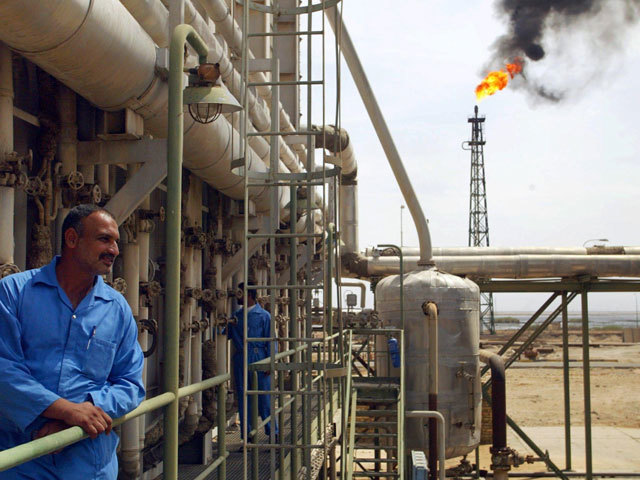
There is on the PolicyMic website some marvellous old British Pathe footage of Iraq during the 1950s. It paints a picture of an ancient land once called Mesopotamia and people aware of their heritage.
Of course it was shot through rose-tinted spectacles and carefully avoided the history behind modern day Iraq, which was created out of the carve-up of the Ottoman (Turkish) Empire in the period immediately post World War 1.
Indeed the meddling Brits were the architects of the Iraq that we today see probably fragmenting, with Isis insurgents hell-bent on securing Baghdad.
We are the ones who imposed an Hashimite monarchy on the territory that comprises modern-day Iraq.
We are the ones who totally failed to take account of the politics of the different ethnic and religious groups in the country, especially the Kurds and the Assyrians to the north.
The Brits have a history of doing this sort of thing; look at the carve-up of Africa by us and other European powers and which sowed the seeds for much of that continent’s conflict of recent decades.
Indeed, it was during that early British occupation that the Shi’ites and Kurds fought for independence. So nothing new there.
Iraq also became an oligarchy government at this time with Faisal I of Iraq proclaimed King by a plebiscite in 1921. Independence was achieved in 1932 when the Brits pulled out, leaving a lasting and toxic legacy to fester and fester and fester.
For the entire period that I have written about oil and gas (some 25 years), Iraq has been the focal point of major Middle East problems.
Consider Saddam Hussein’s attempt to annex Kuwait and Operation Desert Storm … main architects the US and UK … that ejected him.
Consider too Saddam’s long-running war with Iran.
And consider the coup hatched by the West that led to the toppling of Saddam in 2003; led of course by the US and UK under the pretext that Iraq harboured weapons of mass destruction … a myth as it turned out.
Aside from attempting to secure oil supplies, the plan was to encourage democratisation; inclusive government. Iraq would be encouraged to stand on its own two feet again, but as a fairer place in which to live.
That simply did not happen. Despite the US presence that was maintained until very recently, the country has been riven by sectarian violence.
It has a premier (Nouri al Maliki) who is clearly widely hated and who is not at all interested in creating a peaceful, wealthy nation founded on massive oil and gas resources.
Today, it seems that Iraq is fracturing along lines that should have been taken account of nigh on a century ago.
Many commentators will of course say that Isis is the catalyst to what appears to me to be a very necessary restructuring.
But I think the real catalyst is the Kurds, a people in the north of Iraq who were persecuted and murdered by Hussein and who the West again betrayed when Maliki was allowed to come to power pretty much a decade ago.
Of course oil resources lie at the heart of what we the Brits did early last century and again a decade ago.
Despite the utter shambles and horrors that have beset Iraq over this period, somehow that oil has kept on flowing, albeit in much reduced quantities with the notable exception of Kurdistan.
If we in the West get it right this time by recognising that the Kurds are not Arabs and that Islam is hugely complex, maybe Iraq – federated or completely split – will indeed become a safe, prosperous place, given time.
Recommended for you
